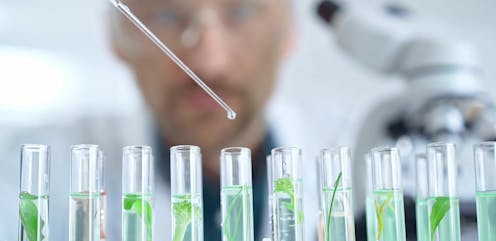Five years since the start of the COVID pandemic, it can feel as if trust in the knowledge of experts and scientific evidence is in crisis.
But according to our new findings in a global survey of more than 70,000 people across 68 countries (including more than 2,000 New Zealanders surveyed early in 2023), people hold science in high regard and want scientists to be more involved in policy decisions.
New Zealanders are particularly trusting of scientists, ranking ninth internationally, not far behind Australians who ranked fifth.
Strikingly, despite concerns about a crisis of trust both overseas and in New Zealand, no country shows low trust in science.
This comprehensive international survey is the largest international study examining trust in science and scientists since the COVID pandemic. It extends its reach beyond typically studied nations to those that have been largely underrepresented in research.
For New Zealand, it highlights key views on scientists and their role in society, and how these perceptions compare to other countries.
Why should we care about trust in science?
In our daily lives, we are constantly having to make decisions that involve scientific evidence. Should I get my infant vaccinated? Do I need to wear sunscreen? Should I be drinking this much coffee?
What we choose to do is influenced by what we believe and who we trust. If we want people to make decisions informed by evidence, we need people to trust science.
Tackling some of the biggest issues of today can be done more effectively when the public trust in science. For example, countries with higher trust in science were more supportive of public health measures such as mandatory face masks in public to prevent COVID infection. People with higher trust in science also engage in more behaviours to mitigate climate change.
Of course, we shouldn’t promote blind trust in science. There is a very real need for scepticism, criticism and scrutiny of science. But governments need people to trust science if they are to have evidence-based policy. And scientists need people to trust science if their research is to get support and funding.
Breaking down trust in science
This new survey corroborates previous research that finds New Zealanders are trusting of scientists. But what do we even mean by “trusting scientists”?
In this research, trust was broken down into four separate, but related parts: competence, benevolence, integrity and openness.
Globally, people are particularly trusting of the competence of scientists (78% believe scientists are qualified to conduct research), moderately trusting of the benevolence and integrity of scientists (57% believe most scientists are honest) but less trusting of the openness of scientists to feedback (42% believe scientists pay attention to others’ views). Average responses to some of our trust questions are shown below.









